BY SETH WILLIAMS
While the popularity and influence of the black leaders of the early 20th century such as W.E.B. Du Bois and Booker T. Washington is well-known, their efforts were supported (and sometimes hindered) by other powerful, intelligent activists with causes all their own. One such leader was William Monroe Trotter.
Northern born to an affluent family, William Trotter excelled in his early academics at a predominantly white high school before going on to attend Harvard University. While there, he had the distinction of earning membership in the Phi Beta Kappa honor fraternity, graduating with honors in 1895 and later taking a master’s degree as well. However, as racial tensions in America grew following the escalation of Jim Crow laws, Trotter raised his voice in opposition to the concessionary philosophies of Booker T. Washington and allied himself with northern leaders that held to the cause of racial equality.
Seeking a method by which to expand the voice of his fellow black Americans in the early days of the 20th century, Trotter founded The Guardian in Boston in 1901. This newspaper was primarily focused on spreading news and ideas against discrimination and pushed for equality while simultaneously opposing Booker T. Washington’s ideas. Trotter’s rivalry with Washington came to a head in 1903 when he sought to question Washington during a speech in Boston. The ensuing argument degenerated into a brawl which earned Trotter a month in jail and the dubious honor of having incited “The Boston Riot.” During that month in jail Trotter read “The Souls of Black Folk” by W.E.B. Dubois and was motivated to combine efforts with the up-and-coming black proponent of black American equality. He would later join Du Bois in organizing The Niagara Movement, which led to the inception of the NAACP. However, citing a need for an all-black organization, Trotter would not affiliate with the latter group.
During Woodrow Wilson’s presidency, Trotter was outspoken against the President’s policies of segregating the federal workplace and led protest campaigns against the Klan propaganda film “The Birth of a Nation.” Trotter’s contributions of protest and activism continued through the 20s and 30s until his death in 1934, building a foundation for peaceful protests that would be modeled by civil rights leaders for decades to come.
You can read more of the original article on Biography.com at http://www.biography.com/people/william-monroe-trotter-9510831








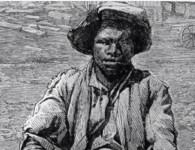

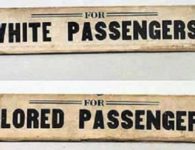
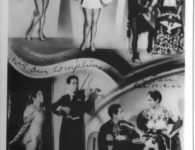

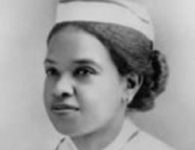
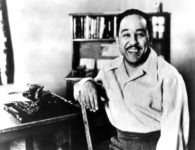

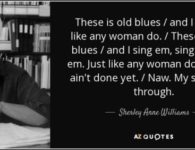

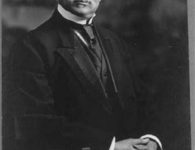
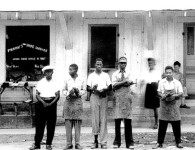

2 Comments
He stole from the public, So he deserves to go to jail
Stole what?